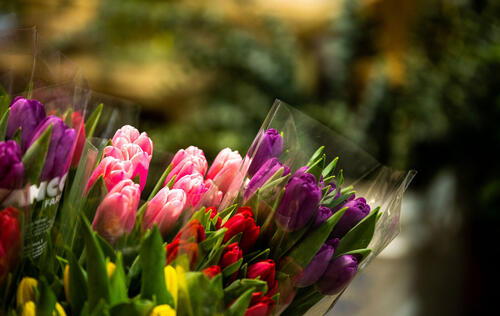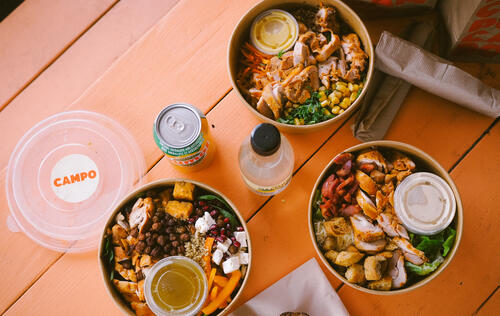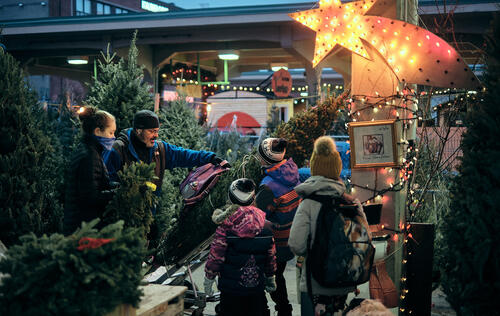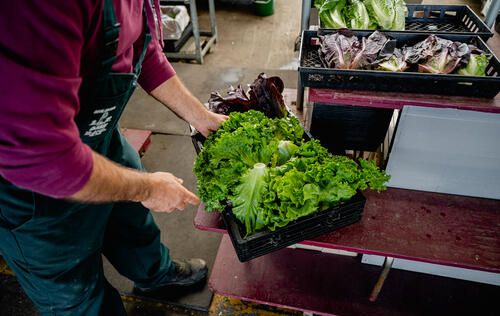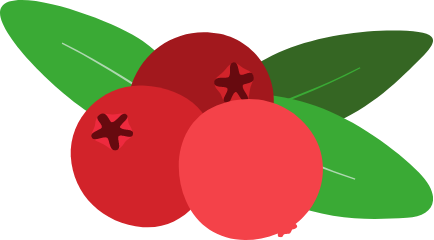The importance of making our local hunger last
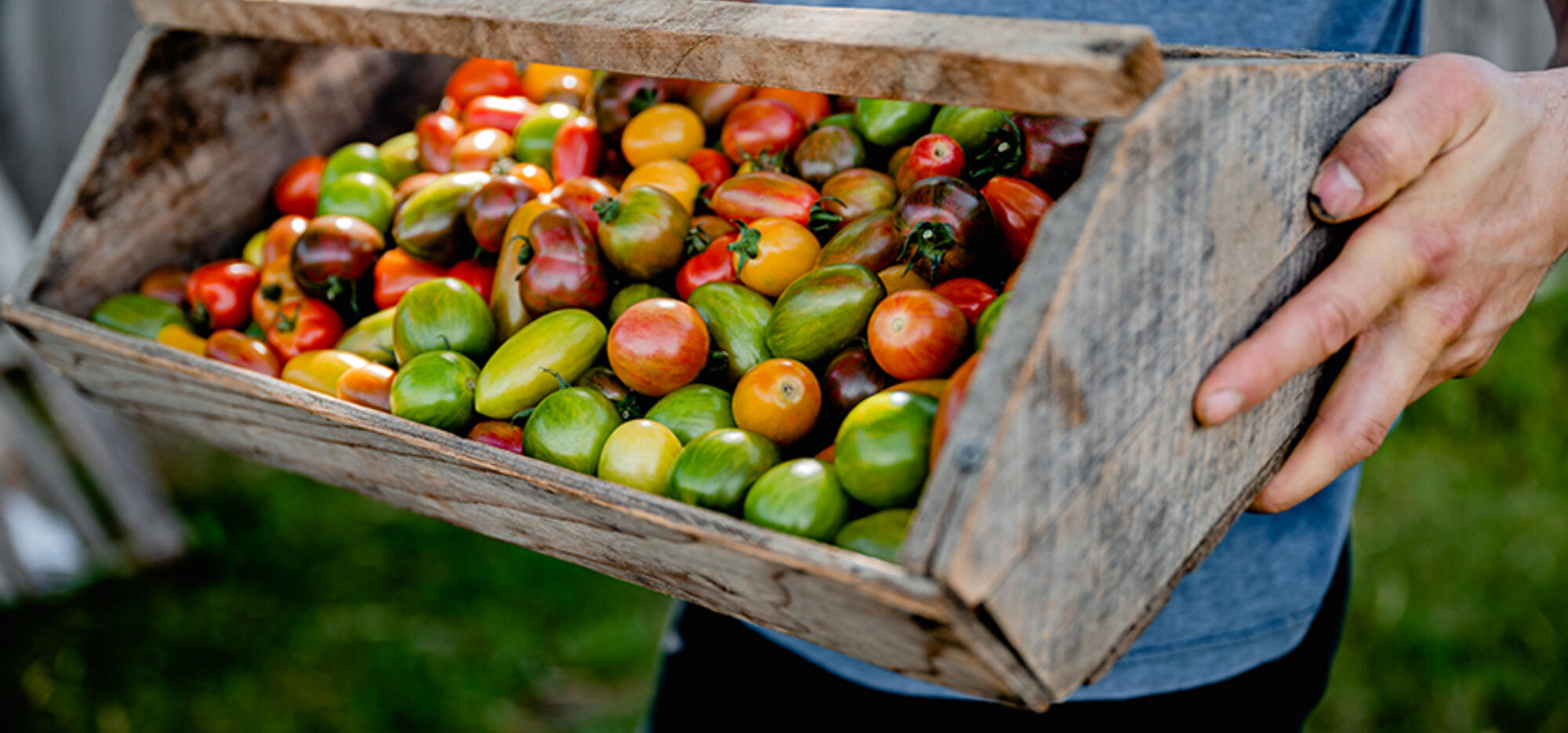
Who hasn't heard that eating local is “more fashionable than ever”? While it's fantastic that local farmers are making a name for themselves and that their products are inspiring, I'm reluctant to call it a “fad”, since that would mean accepting that it's a passing phenomenon, when it should, on the contrary, become a lasting part of our individual and collective habits. And we can all make a contribution! Here's how.
The importance of proximity, for today and tomorrow
Proximity in a food system is more than just the distance between farm and plate. It also has ecological, social, cultural, identity and emotional dimensions. And proximity (in all these senses of the word) means farming that occupies an ecological territory on a human scale. Agriculture that feeds the land and the community rather than globalized markets.
To be able to feed ourselves healthily from what we produce here at home, we need farmers who produce food in an ecological way... AND who can make a living from it. When they can't, they often leave their ranks, leaving the field open to wasteland or practices that are more focused on productivity. At a time when the climate is playing yo-yo, biodiversity is playing hide-and-seek and certain multinationals are playing king of the mountain, there is a great need for a territory inhabited by farmers who cultivate not just products, but social ties and ecosystems.
We're not talking about feeding the planet here, but communities, thanks to a mass of farmers with their feet firmly planted on a corner of the land they live in, pamper and cultivate with benevolence to feed their families and the souls and bellies of neighboring communities. To do this, they have to earn their keep by selling their salads (and other exquisite produce!). And that's where we come in, as eaters, putting proximity on the menu. And not just as a “flavour of the day”, but as a tasty habit, well established to last.
How about replacing the word “fashion” with “social project”?
“If we're not all farmers, we should all feel like one,” says Slow Food founder Carlos Petrini, calling for greater solidarity between eaters and farmers. No matter how much land we have under our fingernails, each of us can play a part, through our choices and our involvement, to ensure that local, human-scale agriculture flourishes, vitalizing the territory that feeds us and unites us.
As the magic ingredient of a sustainable local food system, this solidarity between eaters and farmers can be expressed in a thousand ways: by visiting farmers to learn more about their work and their reality, by opting more often for local channels to obtain supplies, from farm stands to basket formulas to the local farmers' market, by doubling our creativity so as not to waste any of our precious local flavours, and so on!
Individual choices are not a substitute for the collective and political action needed to promote ecological local agriculture, but rather a complement to it. It's by looking together in a common direction that we can see local agriculture as a green, inclusive and nourishing project for society. Provided we get on board, together, and not just for the duration of a fad. Fashions in clothing can be fleeting, just like haircuts or current singers. But enduring must be our taste for proximity. We share a land of a thousand flavors, and we only have one planet.
Julie Aubé is a nutritionist with a passion for Quebec flavors, sustainable agriculture and agrotourism. As the creator of Prenez le champ! events, she plays the role of matchmaker, bringing curious gourmets together with local producers. A trainer and speaker, she regularly contributes to magazines and websites, in addition to maintaining her own website. In 2016, she published the book Prenez le champ! with Éditions de l'Homme, and this summer she has just released her second book, Mangez local! with the same publisher, full of techniques and recipes for localizing your diet over the months. A small guide with big hopes of equipping and inspiring you to follow the rhythm of the seasons on the menu. Follow Julie on Facebook and Instagram.
